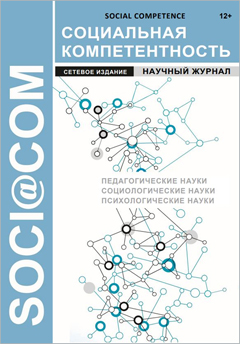The project «Camp school – garden» (on the example of Khanty-Mansiysk Autonomous Okrug - Yugra)
Keywords:
project Yugra, indigenous peoples, camp school-garden, Khanty, NenetsAbstract
The article describes the progress of the implementation of the regional pilot project “Camp SchoolGarden” (hereinafter referred to as the project) with the use of remote technologies in the conditions of the territories of traditional nature management (hereinafter referred to as the TTP) of the indigenous peoples of the North (hereinafter referred to as the CMNS). The daily life and economy of indigenous peoples require huge efforts and expenses, the semi-nomadic way of conducting traditional nature management of Khanty and Nenets families does not allow parents to organize proper pre-school training for their children. Although preschool education is not compulsory, the expression of the wishes of the parents themselves is taken into account. The project is aimed at providing children of families of fishermen of the Khanty-Mansiysk Autonomous Okrug - Yugra with affordable preschool education without separation from the family, and on the ancestral land. The social effectiveness of the project is described, which is expressed taking into account the federal state educational standard of preschool education in creating conditions for adaptation and socialization for younger preschool children and school age to a smooth transition to elementary grades. The purpose of the presented material is to analyze modern approaches to digitalization in the region and their introduction into the educational environment outside of standard conditions. It is concluded that it is advisable to conduct a monitoring study to collect timely, reliable and objective information


